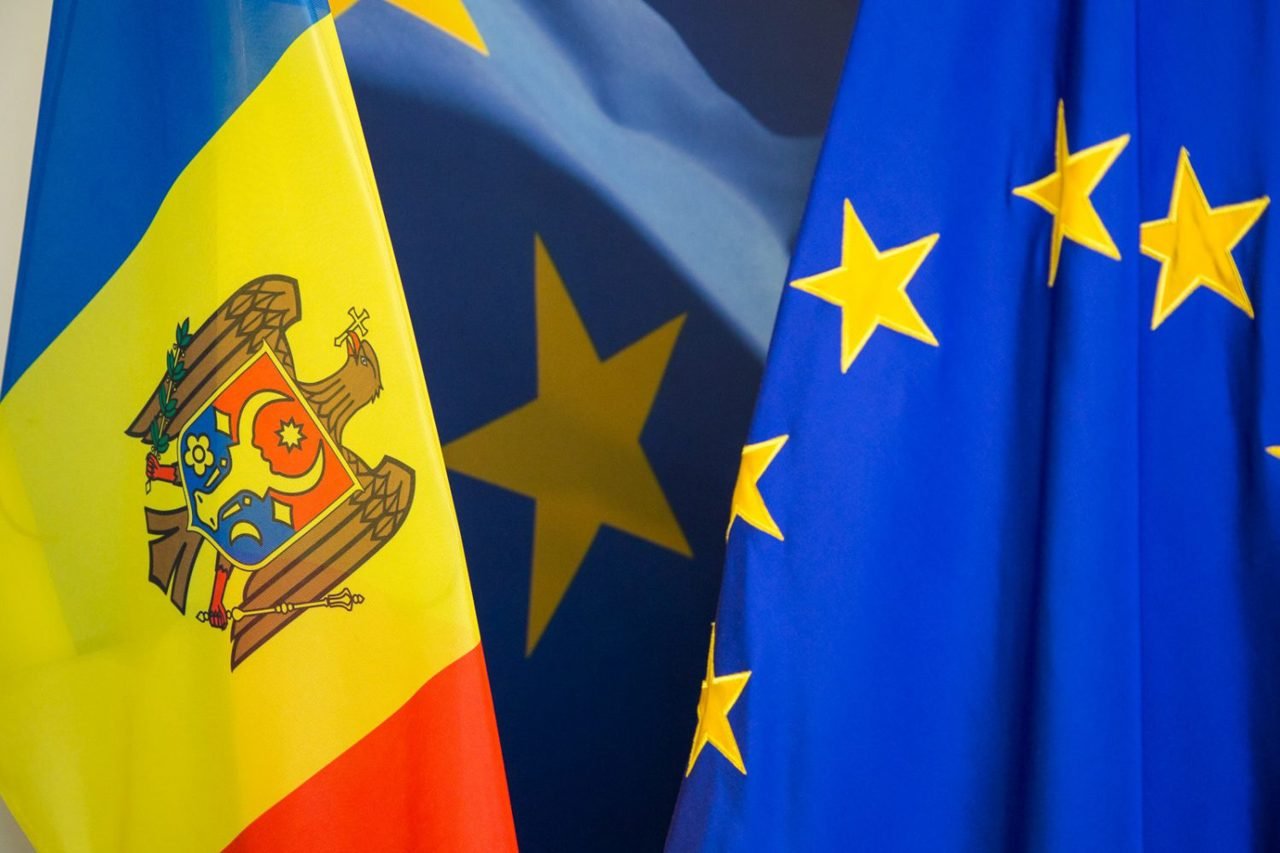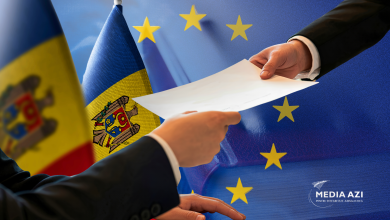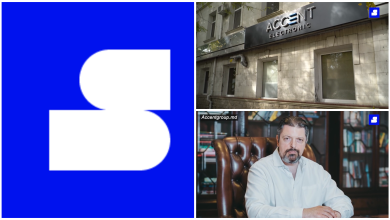What are the media priorities in Moldova’s National Programme for Accession to the EU

Amending the Audiovisual Media Services Code, adopting a new media law and implementing the Information and Media Literacy Plan are among Moldova’s priorities in the National Programme for Accession to the European Union for 2025-2029. The document was approved by the Government on May 28 and contains all the commitments made to demonstrate the country’s readiness to become a member of the EU.
According to the document, in the field of information and media, the Republic of Moldova has set several priorities for the coming period, including: transposing the European Digital Services Act (DSA) (by the end of 2026) and countering hybrid threats and disinformation in this context; the transposition of the European Electronic Communications Code (by the end of 2027); the adoption of a new law on the media, covering both print and online media, as well as the updating of the Audiovisual Media Services Code. Similarly, by the end of 2026, several EU acts in the field of open data and the reuse of information are planned to be transposed, and national legislation is to be gradually aligned with standards in the field of cybersecurity and personal data protection.
The first legislative measure concerns the amendment of the Audiovisual Media Services Code to ensure the full transposition of the EU Audiovisual Media Services Directive. MPs are expected to review the mechanism for appointing and dismissing members of the Broadcasting Council and the public broadcaster Teleradio-Moldova, in line with the recommendations of the Venice Commission and the Council of Europe. Another priority is the adoption of the new media law to improve the regulatory framework on freedom of expression, including the print and online media (transparency) and the protection of journalists, as well as to align national legislation with the EU Directive on the protection of persons who engage in public participation against manifestly unfounded claims or abusive legal proceedings (strategic lawsuits against public participation or SLAPPs).
“For the period following alignment with the acquis communautaire and as a result of this alignment, sectoral priorities will be to develop the relevant secondary regulatory framework and implement actions in the areas of information and media literacy, ensuring the safety of journalists, and implementing the Law on the Media Subsidy Fund, to strengthen the economic and financial sustainability of the media and, consequently, its independence. The main challenges in the media sector are the lack of financial resources for effective media subsidies and the need to combat information manipulation and foreign interference against a backdrop of low levels of information and media literacy,” the document states.
In the context of transposing the DSA, it is proposed that the National Agency for Regulation in Electronic Communications and Information Technology (ANRCETI) be designated as the coordinator of digital services in the Republic of Moldova, and the Broadcasting Council (BC) as the competent authority in the field of video-sharing platform services. At the same time, the BC will have responsibilities regarding non-linear services, enhanced measures for the protection of minors and the measurement of audiovisual pluralism.
The National Accession Programme for 2025-2029 is the main document for guiding, planning and monitoring the fulfilment of the commitments made during the negotiations and includes sections dedicated to the 33 accession chapters covering all essential areas – from fundamental rights and the economy to environmental protection and digitalization. The total cost of implementation is estimated at almost 66 billion lei.



